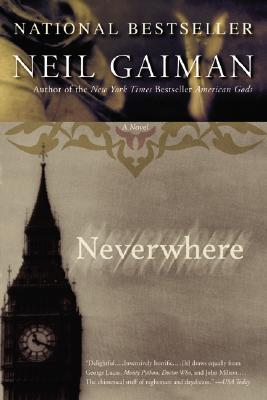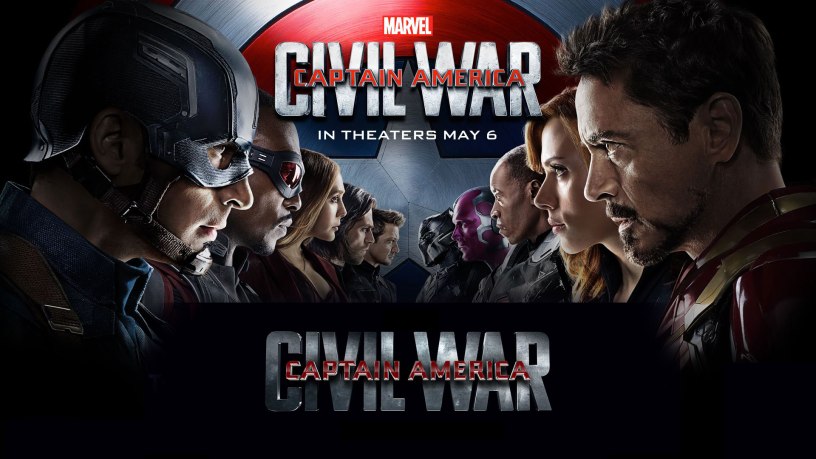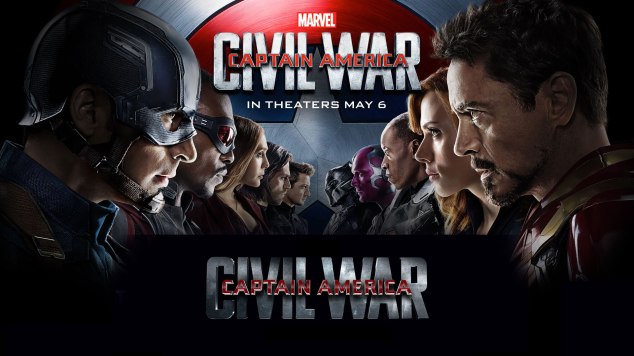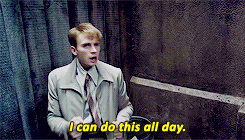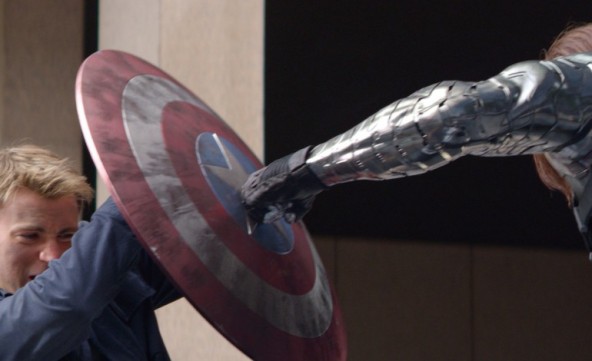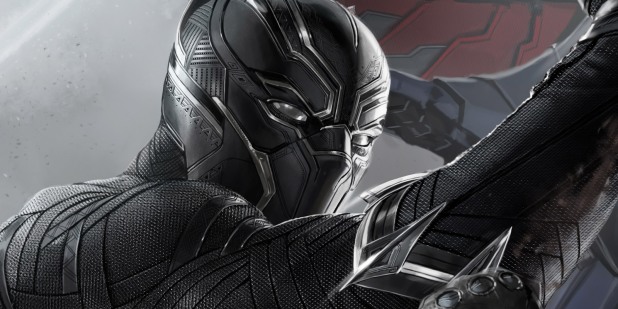The year was 2012 and I was waiting in line to see The Avengers at midnight. Since I insisted on getting there ridiculously early (sorry guys), we had a lot of time to kill. One of my friends told me about the book he was reading. That book was The Passage by Justin Cronin and it shortly became one of my favorite books.
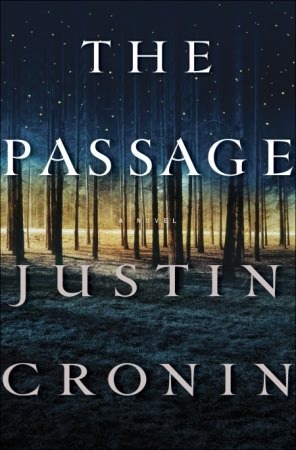
The pitch for the book alone got me hooked. It was the Twilight-obsessed world of 2012, and a well-written vampire novel that was getting compared to the likes of Cormac McCarthy was irresistible to me. I love a well-done monster book, and The Passage was a jackpot. Now, the third book in the trilogy comes out today, so I’ve been re-reading the series to get ready.
From the very first line, I love this book. Just look at it: “Before she became the Girl from Nowhere – the One Who Walked In, the First and Last and Only, who lived a thousand years – she was just a little girl in Iowa, named Amy. Amy Harper Bellafonte.” Now, I don’t want to get all English major on you, but first lines are hard and that’s a really good one. The promise of the strange and epic and supernatural juxtaposed with the simple bare facts of a little girl named Amy. Sign me up to find out what happens next!
Amy is at the center of The Passage. We begin with her and the sad story of her mother (teenage pregnancy, poverty, desperation) trying her best to raise Amy. Then we begin to take a look at the rest of the world. There’s scientists on a journey through the jungle searching for something ancient (bad idea, disaster, death). There’s Special Agent Brad Wolgast visiting a death row inmate with an irresistible offer (leave death row, medical experiment, live forever). Soon it will all collide and conspire in very bad end-of-the-world kinds of ways. At the center of it all is Amy, the key to everything.
Perhaps unsurprisingly for a book with that title, The Passage is all about the journey. Clocking in at 766 pages, this is not a short book. But the world building, the character development, the care and thoughtfulness with which the story gets told are why we’re here. That’s what separates this book from every other apocalyptic story on TV or in the movie theatres. Justin Cronin takes time to help you understand the depth and desires of the people involved, and the detailed horrifying consequences of their actions. Here the end of the world is not just caused by a supervillain rubbing his hands together and hatching his evil plot. Instead it’s created the way any situation in the world is created: a series of people doing the best they can in their situation, however impossible, however unwise. It’s ego, hubris, bureaucratic red tape, bad decisions, miscalculations, and lack of communication that end the world. Sounds about right.
Now all of this paints a somewhat bleak picture, but The Passage is ultimately a book about hope. The apocalypse only takes up about a third of the book, after all. Don’t get me wrong. This is a dark book with plenty of violence, gore, and a high body count. But despite it all, there’s a strong vein of hope, love, and faith running through the core of the story. There’s a huge variety of expressions of love from the familial to the dutiful to the romantic to the hopeless. The relationships are beautifully drawn and deeply felt.
Ok, let’s talk about the vampires. Lots of people are rightfully skeptical about vampires, but the monsters in this book are very well done. For the most part, the monsters are a force of nature more like traditional zombie stories than vampire books. Think of this like The Walking Dead but the undead want to eat your blood, not your brains. But at the same time, Cronin takes many of the traditional vampire tropes and puts new and interesting spins on them. He manages to be true to the spirit of vampire tradition while also creating something new, something that feels very real, and something pretty damn creepy.
I can’t even begin to list the characters in this book that have impacted me. Ok, yes I can. Alicia, Amy, Hollis, Alicia again. One of the things I appreciate about this book is fact that Cronin makes having a world of diverse voices look easy and natural. You know, because it is. He writes a great number of characters from all sorts of backgrounds who all have depth and complexity. There’s amazing female characters and characters from an array of ethnic and social backgrounds, all playing important roles in the story. It’s refreshing, it’s reassuring, and it gives me hope for the future. Much like The Passage itself.

